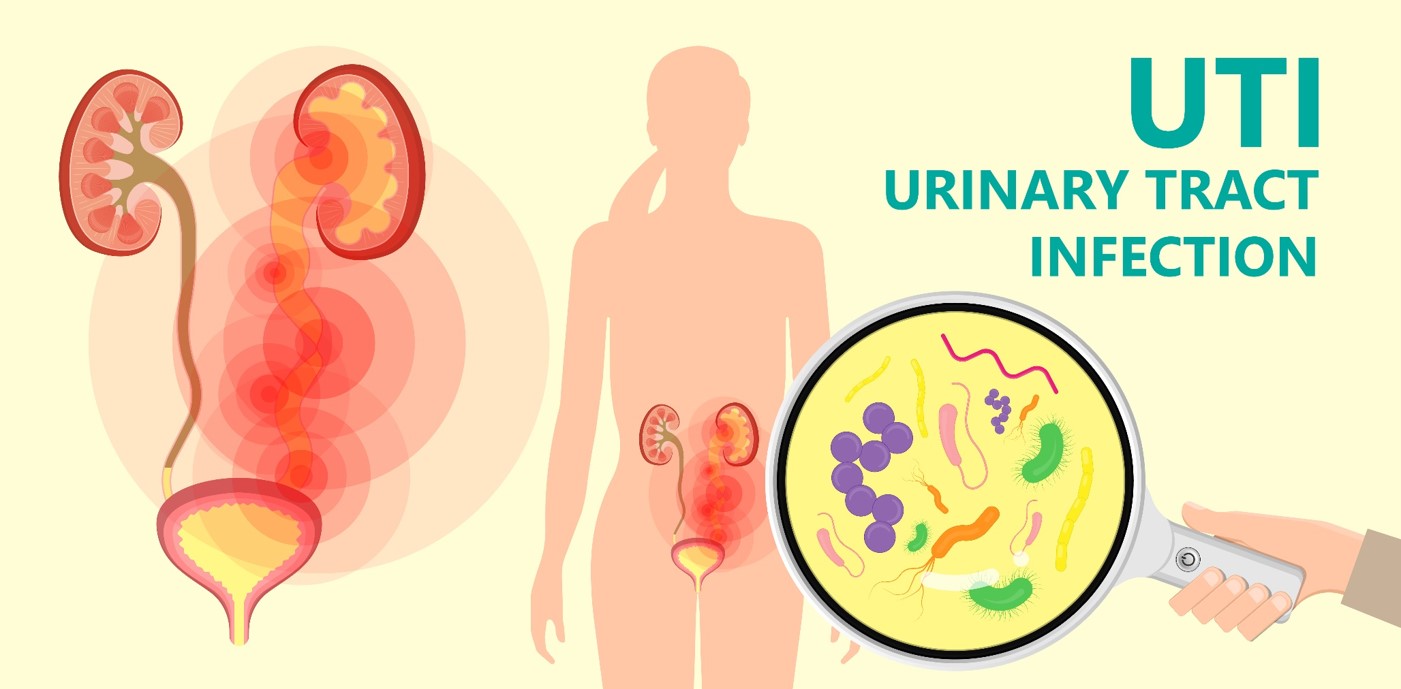Urethritis is urethral infection, which occurs when bacteria get into the urethra. A normal urethra is bacteria free. When bacteria get into the urethra, the urethra will be infected. Bacteria can get to the bladder through urethral orifice, and even get up to the kidneys and cause pyelonephritis. Bacteria can also get to the urethra through blood. When bacteria infect the urine tract, the residues often stay in the kidneys or urethral stones, or prostate and continue to grow in these organs and lead to chronic urethritis.
Causes
Urethritis occurs when bacteria get into the urethra. The common bacterium is E. coli. Other bacteria are those in gastrointestinal tract. The following patients are prone to urethritis:
- Female patient.
- Senior patient.
- Patients with diabetes.
- Patients with urethral stones or prostate hypertrophy.
- Patients who need catheter.

Symptoms
- Pain on the bladder or lower back.
- Burning sensation when urinating.
- Stinging sensation comes with the urge of urination.
- Nocturia
- Blood in urine.
- Cloudy urine or odor in the urine at night.
Patients with severe symptoms often have fever and cold sweats, backache, and pain below the rib cage. However, some patients with urethritis have no symptoms at all.
Diagnosis
The diagnosis of urethritis is very simple. Urine check and urethral evaluation can diagnose urethritis easily.
Treatments
Antibiotics can treat urethritis effectively and most of the antibiotics can cure urethritis. The most important part for treating urethritis is to avoid chronic urethritis, which requires the complete removal of bacteria. The entire treatment usually takes 2 weeks to 3 months. Patients must comply with the orders from the doctors for effective treatments.

